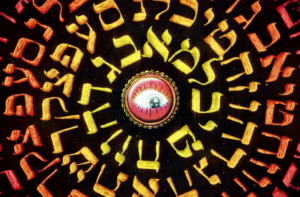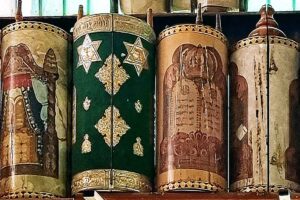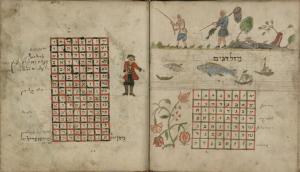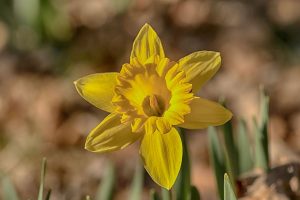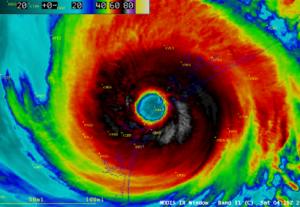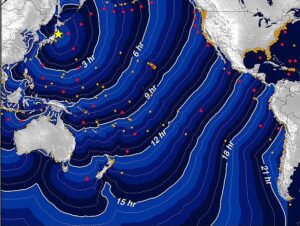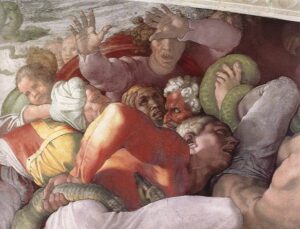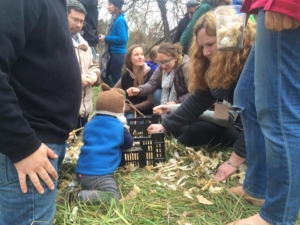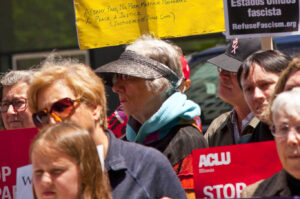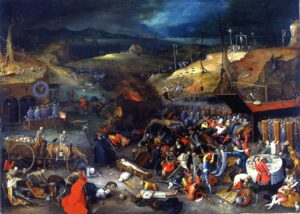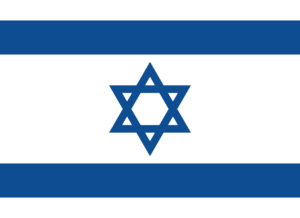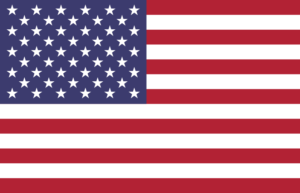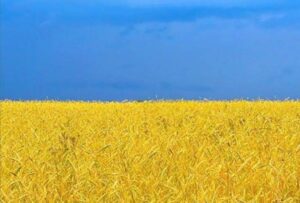In an era in which cultural creativity is mediated by concerns over attribution, authenticity, and integrity, we believe that open-source strategies are key to keeping religious Jewish practice vital, relevant, beautiful, and liberating. Jewish prayers, liturgical customs, and ritual praxes were all developed as part of a cultural
commons, built collectively over hundreds of generations. We think of siddurim not only as containers of Jewish identity and spiritual heritage, but also as public repositories of effective exercises, prompts, and methods — shared praxes and cultural technologies for growing the creative and emotional intelligence in those utilizing them in their committed practice. And for those who seek a more expansive cultural literacy, an open siddur is a gateway into the diverse customs and languages of the historic and contemporary Jewish world.
We are a community spanning students studying private and communal Jewish prayer in its literary and historical context, educators preparing curricular resources, authors of new prayers and liturgies, translators of prayers new and old, transcribers of digital text from printed and handwritten works, and ultimately, living practitioners actively producing new siddurim for ourselves and others.
We are opposed to the imposition of over-reaching access controls on the content of Jewish prayerbooks by proprietary interests, whether they be prestige-driven, sectarian/denominational, private/commercial, or any other self-interest. (We take no issue with the layout, arrangement, and design choices of any one or group so long as the underlying
semantic data remain accessible for redistribution and adaptive reuse under
open standards and
proper attribution.) If we truly believe that our
avodah (sacred labor/work/craft) is life changing and integral to Jewish life (or even the repair of the world!), then it should remain shareable in every channel available to its distribution, and guarded from monopolization by proprietary interests. In short, public resources should be shared with open licenses.
We grow and maintain this archive of words, insight, and ritual praxis as a repository for those "whose hearts have been stirred" to craft and contribute just as their spiritual forbearers offered their art to the Mishkan (Tabernacle,
cf. Exodus 36:2). Everyone engaged in Jewish prayer should always possess the autonomy to craft their own prayer resources — but do so with careful attention to the attribution, provenance, and lineage of these texts. Thus, almost every resource shared through our project that is not already in the
Public Domain is shared by its creator or copyright steward with a
libre Open Access content license. Open Content licenses require that our value of preserving attribution is grounded in the sacred work of editing, arranging, remixing, and redistributing these works — creative processes where details of authorship, origin, and provenance are easily lost when their importance is not underscored. From the verse "And Esther said in the name of Mordekhai"
(Esther 2:22) we learn that through attribution, our world is redeemed
(Megillah 15a:20, Pirkei Avot 6:6): the lineage of the source is preserved, the creator is honored, and
the lattice of kindness supporting the selfless creative act is reinforced.
Cultures breathe creativity like we breathe oxygen. Our multilingual cultural infrastructure ossifies with the imposition of artificial scarcity; with arbitrary and proprietary barriers to access, our diversity devolves into monoculture. Our individual creativity calcifies without the freedom to process the spiritual insights of our deepest selves and our received traditions. Without consideration for personal autonomy, religious tools structured to complement the most profound experiences and relationships can devolve into instruments of control, inhibiting imagination, vision, and possibility. As personal and communal prayer remains one of the most primary and private experiences of Jewish devotional practice, and siddurim are the primary means for accessing and engaging in Jewish prayer, we want every practitioner to afford all the resources that would otherwise limit them in compiling their own prayerbook. (One committed at heart to the craft of their own prayerbook should really only be limited by their knowledge of prayers and liturgical customs.) So that Jewish religious culture may continue to grow and thrive, the resources and technologies collected and utilized by this project are shared freely:
gratis (without cost) and
libre (without restriction).
Our commitment to collaboration and sharing is why we call our siddur project “
open.” We aspire to be a resource of Jewish prayer as freely shared as the Torah of Loving-kindness (
תּוֹרָת חֶסֶד) described in
Sukkah 49b, transmitted as openly and earnestly as the Torah was shared in the Midbar Sinai, as free a resource for all who enter into the world as fire, water, and wilderness
(cf. Mekhilta d'Rebbi Yishmael § Baḥodesh 5.11). In observing this principle, we align our project values with
the definition of open content and open data maintained by the
Open Knowledge Foundation, the
definition of open-source maintained by the
Open Source Initiative, and
the four values of libre/free culture maintained by the
Free Culture Foundation.
Have a favorite prayer, piyyut, or praxis? If it's not yet in the archive, then
please upload it! Make it available to others studying Jewish prayer or crafting their own prayerbooks.
☞ Read more about our
mission and
project history, and
copyright policy. If your question isn't answered there or in
our FAQ, please
contact us.














